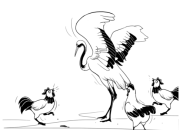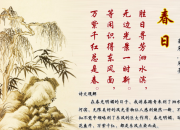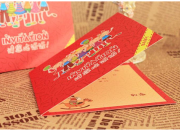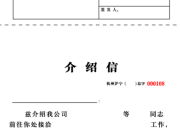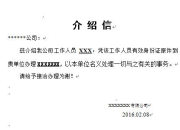外研社六年级英语上《Apostcard from New York》教案
时间:2021-08-31教学目标:
1.Daming has got a Chinese kite and we fly it in the park.
2.Ive got some chopsticks, but they are difficult.
3. 通过不同国家的人们使用的物品进行文化对比,复习have got的用法。
教学过程:
一、Warmer
Take fine objects that belong to you and put them on the table.
The students must see clearly that they are your things.
Now pick up one of the things and introduce it using have got
E.g.: T: (pick up a book)Have got a book.
Repeat this activity with the rest of the objects.
Practice “I have got…。and Ive got…”
二、Listen, point and find have got。
Write on the board
Daming has got… Laura has got…。
Ask the students to close their students books. Before they listen, ask them to guess what objects Laura and Daming have got.
Then, play the recording and ask the students to listen and check if their guesses are correct.
三、Listen and say.
After practicing the phrases, encourage the students to ask each other question.
Do an example by asking a student. Examples T: Have you got a kite? S1: No, I havent. T: Have you got a pair of chopsticks? S2: Yes, I have.
Then, divide the class into pairs and ask them to ask each other question.
四、Make sentences from the boxes, using andor but。
Use the activities in the vocabulary Extension List from Module 5 to play a game. Write the words from the Vocabulary list on the board Swim dance play table tennis play football speak English speak Chinese cook sing songs play the guitar
Tell the students that they have to point at two activities, say the verbs and then make a sentence with andand but。
Ask the students to practice the dialogue in pairs.
五、Homework
read the dialogue.

